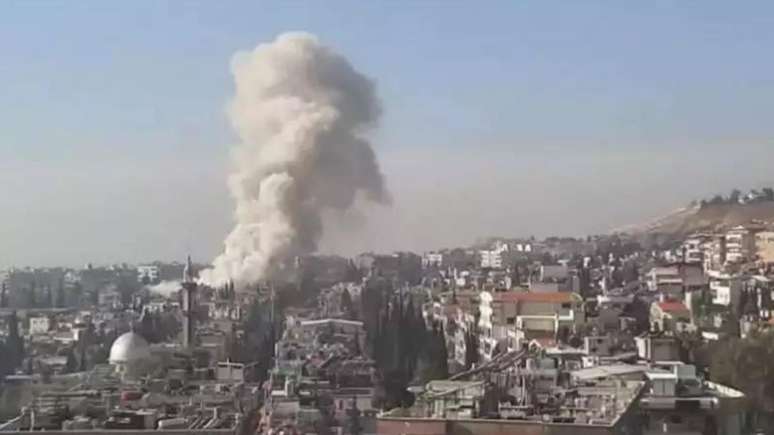In a scenario dominated by clashes between Israeli forces and the Hezbollah group, supported by Iran, more than a thousand people have already lost their lives in the last two weeks
Tensions and conflicts in crisis areas can quickly trigger critical humanitarian situations. In Lebanon, a representative of the World Health Organization (WHO) recently raised the alarm about the imminent risk of epidemics, a direct consequence of precarious conditions in shelters and the closure of hospitals. These factors are exacerbated by the forced migration of local doctors due to the increase in Israeli ground operations in the country, which also contribute to worsening the already delicate public health situation.
In a scenario dominated by clashes between Israeli forces and the Hezbollah group, supported by Iran, more than a thousand people have already lost their lives in the last two weeks. This escalation has resulted in mass displacement, worsening crowded conditions in places of refuge, where diseases can spread easily.
What diseases are at risk in Lebanon?
Second Ian ClarkeWHO deputy incident manager for Lebanon, in an interview in Geneva via video link from Beirut, the country faces a significantly high probability of epidemics of diseases such as acute watery diarrhea, hepatitis A and diseases that can be prevented by vaccination. With hospitals already overwhelmed and some closed, Lebanon’s healthcare system is struggling to cope with the pressure.
Hospitals closed due to the forced departure of doctors who, fearing for their lives, left or were ordered to evacuate by local authorities. In this context, the WHO highlighted that five hospitals in the country have closed completely, while another four are partially operational, creating a worrying deficit in health services.
Public health and challenges in overcrowded shelters
Overcrowding in shelters increases the risk of transmission of various diseases. This is an ideal scenario for the emergence of epidemics, considering that access to basic sanitation and hygiene resources is compromised. Unhealthy conditions worsen the already compromised health situation of the population, exacerbating their vulnerabilities.
International health agencies such as the WHO highlight the critical importance of medical resources and supplies, both to control epidemics that are already emerging and to prevent new infections. The situation in Lebanon also warns of the importance of vaccination, especially in times of crisis.
What impact does the food crisis have on the situation in Lebanon?
In parallel to the health crisis, the World Food Program (WFP) is also concerned about food security in Lebanon. Matthew HollingworthWFP director, told Reuters that thousands of acres of agricultural land have been damaged or abandoned due to the fighting.
The destruction of agricultural land and the inability to harvest agricultural products threaten the country’s food supply. Produce that should be harvested rots, accentuating the economic and food crisis in Lebanon. A vicious circle is thus created which worsens the living conditions of the population already affected by the conflict.
Source: Terra
Rose James is a Gossipify movie and series reviewer known for her in-depth analysis and unique perspective on the latest releases. With a background in film studies, she provides engaging and informative reviews, and keeps readers up to date with industry trends and emerging talents.


![Un Si Grand Soleil preview: Friday 16 October 2025 episode recap [SPOILERS] Un Si Grand Soleil preview: Friday 16 October 2025 episode recap [SPOILERS]](https://fr.web.img6.acsta.net/img/66/c2/66c2f6bc2af88dc2a3eb2bf3be44daea.jpg)



